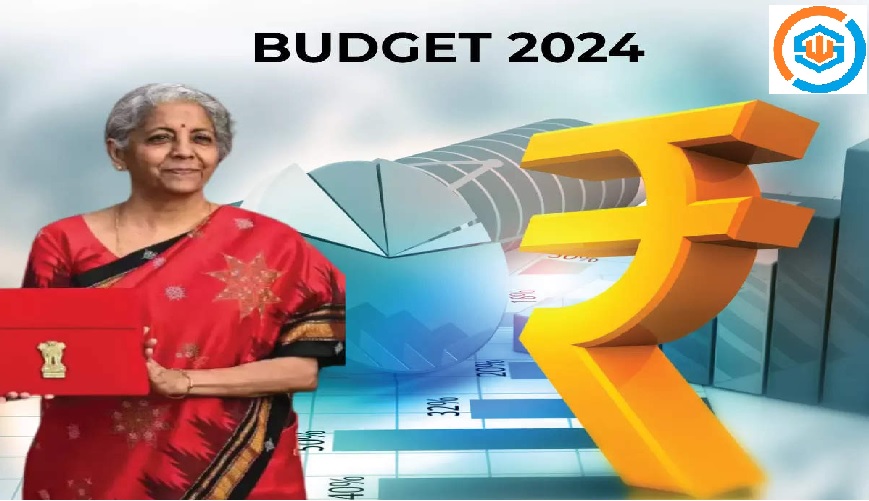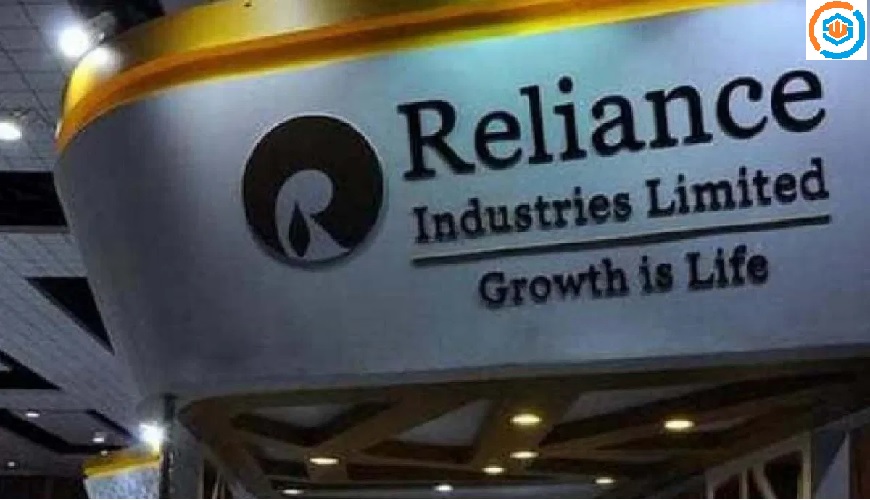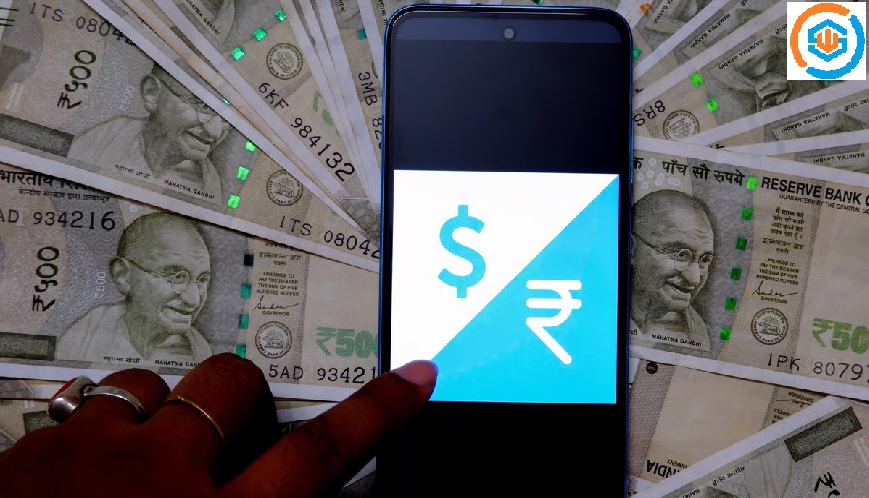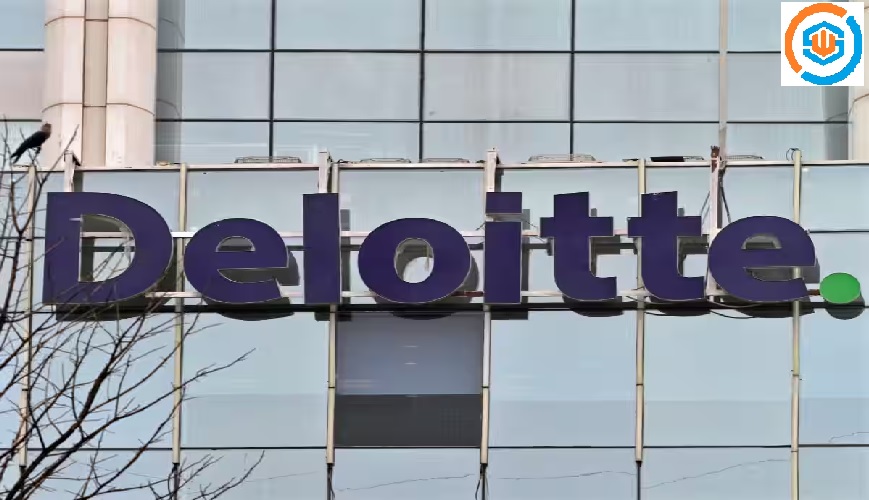
- 16 Aug
- 2021
India's real GDP growth in first quarter seen at 14.2-23.3%
Indian economy likely grew 19-20% in the first quarter this fiscal year, aided by the strong base effect from a year ago, when it contracted by almost a quarter, offsetting the effects of the second Covid wave, an ET poll of economists said.
The median estimate was 19.5% for Q1, in a 14.2-23.3% range. The full-year gross domestic product (GDP) is expected to grow 7.9-9.6%.
The Reserve Bank of India (RBI) expects 21.4% GDP growth in the first quarter and 9.5% in the entire fiscal. India’s GDP grew 1.6% in the preceding quarter but contracted a record 7.3% in FY21.
While year-on-year growth picked up in the first quarter and was entirely weak-base driven, economists said GDP could fall by around 5% from the preceding quarter.
Economists also said the GDP data released on August 31 will reveal the extent of the second wave’s impact. ET polled 11 economists for their expectations.
HDFC Bank economist Sakshi Gupta said activity is expected to have declined sequentially in Q1 due to the second wave, though the low base effect is likely to push up growth in the quarter.
While GST collection revived to Rs 1 lakh crore plus in July, manufacturing PMI rebounded to expansion and power consumption, vehicle registrations and e-way bills showed an uptick.
“The bounceback is visible more in the industry than services, which are contact-intensive because the industry was operating during the second wave,” said Sunil Kumar Sinha, principal economist, India Ratings and Research.
The agency expects a 15.3% growth in real GDP for the quarter and 9.6% for the full year, contingent on the country’s adult population getting fully vaccinated by the end of December. If that doesn’t happen, then FY22 GDP will grow 9.1%, he said.
Radhika Rao, the economist at DBS Group Research, said, “A full recovery in consumption is also likely to take time, given pressured balance sheets going into the pandemic and additional labor market scarring during Covid, which will impact trend growth beyond the initial boost from pent-up demand.”
Capex Concerns
Economists expect private Capex to remain subdued. A strong rise in government Capex spending and firm exports on a sequential basis was expected to emerge as crucial drivers of growth, said Rao. “Consumption (non-farm and urban) and private Capex, as also reflected in the softer capacity utilization rate, decelerated due to the overhang of the pandemic and weak demand visibility,” Rao said.
“Private Capex is expected to be subdued in Q1 as uncertainties around Covid rose, with the government continuing to do the heavy lifting in terms of Capex spending,” said HDFC Bank’s Gupta.











